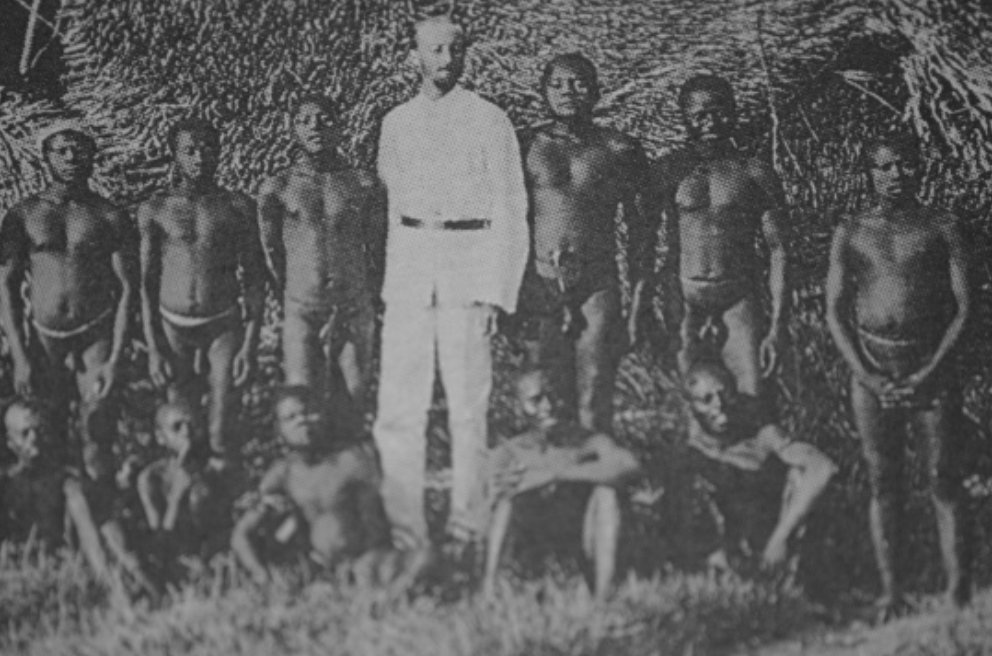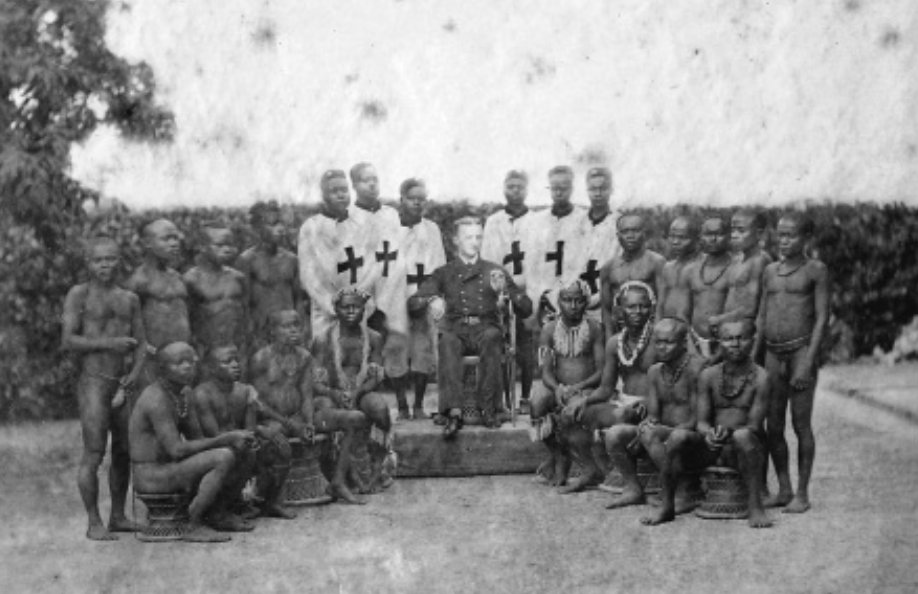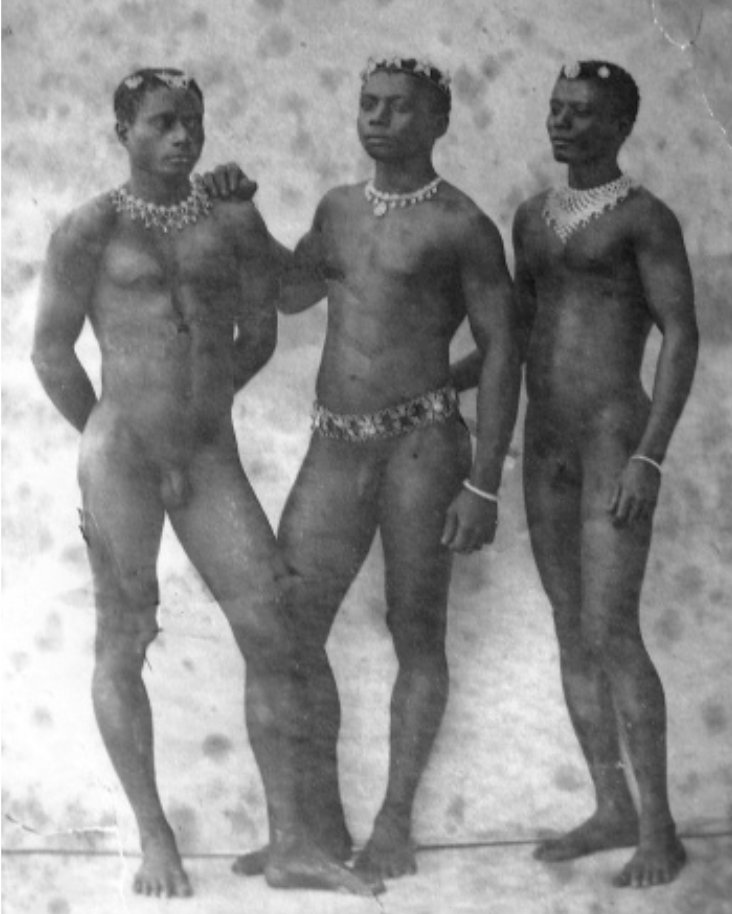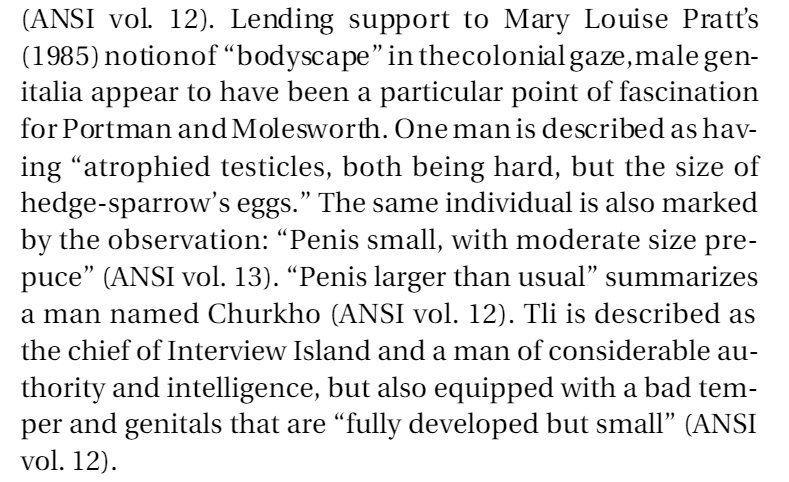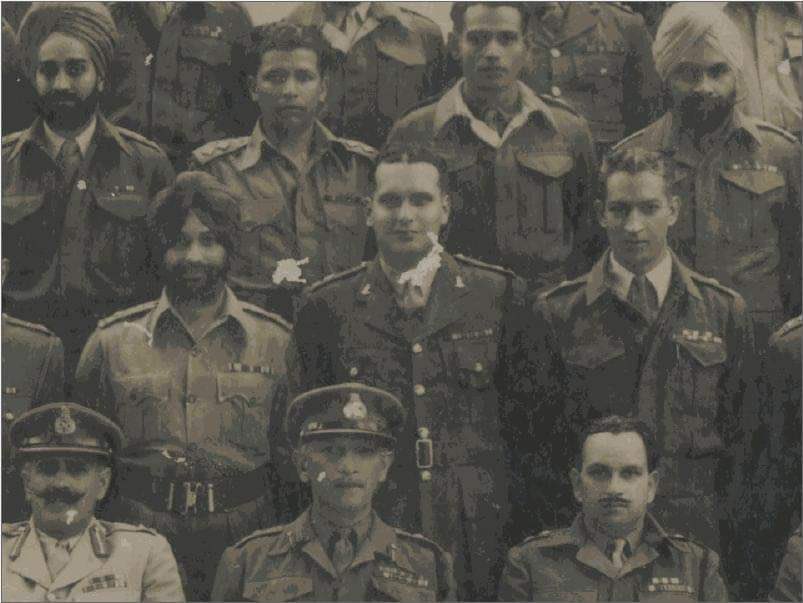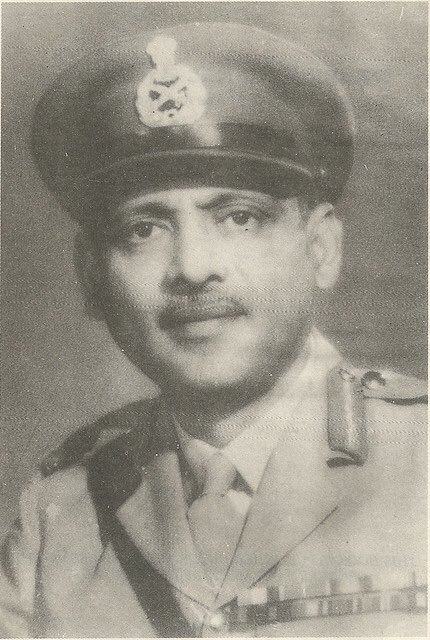But just like how money can't buy you happiness, it also can't buy you PM fit.
Saturday thoughts on funding: Where it helps. Where it doesn't. And how it affects team, success, and PM fit.
This is just my $0.02 after looking reviewing 30k+ early stage startups personally and having led 350+ investments across 2 VC firms & as an angel.
Let's begin! >>
But just like how money can't buy you happiness, it also can't buy you PM fit.
But for software startups, it's unclear if ppl want your product at your price pt.
But having sales does not mean that you have a repeatable customer acquisition process that can be sustainable
Frankly speaking, finding PM fit is a LOT of luck. This explains why a lot of serial entrepreneurs who were successful on 1 venture have a hard time repeating that.
It's not a lack of capabilities.
This is why SV VCs will often back "failed founders" again, because that failure isn't (always) an indicator of the founder -- there's also that big LUCK component of finding (or not finding) PM fit.
I mentioned 1 way -- experience in seeing and doing a lot. (and learning)
Another way: focusing on only things that matter (mostly derisking sales) & ignoring all else to utilize time and resources efficiently and quickly
But doing just 1 talk feels like nothing but it adds up.
Now where does money come into this?
And that affects runway. Runway affects # of PM fit experiments.
Then, by extension of their runway, they find strong PM fit and the rest is history.
However, I'm very aware that MOST founders don't get 2nd or 3rd chances like this.
Should ppl get more shots on goal? That's a philosophical q above my paygrade. But the way we operate @HustleFundVC is that we just assume that each of our cos will only get 1 shot on goal.
3 addl rounds -> your ROI is cut in half & that may not even return the fund even if the co "wins".
The flip side is if you don't have PM fit, having more ppl on the team makes getting to PM fit HARDER not easier in many cases.
More from Elizabeth Yin
More from Startups
There are some amazing founders and indie hackers that have made 🤯-worthy progress this last year.
The stuff you can do in a year is seriously astounding 👇
👉 @TransistorFM reaching $22k MRR in one year: https://t.co/BuKmXEeEtH
I was one of their first customers and the progress @mijustin and @jonbuda have made working mostly part-time has been crazy.
Now both are full-time. Follow them on @buildyoursaas
👉 @talk2oneup reaching $10k MRR in one year: https://t.co/SOoGkKA19r
@daviswbaer joined as a co-founder and through many different marketing tactics, pricing changes, and product updates, they've managed to carve out a niche market in a really competitive industry.
👉 @hostifi_net $9k MRR in one year: https://t.co/TknroGZWoK
After getting fired from his full-time job, @_rchase_ embarked on a year focused on building products to replace his salary in a year.
The dude seriously SHIPS and even took investment from @earnestcapital
👉 @ClosetTools $11k MRR WHILE WORKING FULL-TIME AND WITH A FAMILY: https://t.co/pKQ7pFvpZY
With a strong product, continuous improvement, and SEO, @unindie has really been inspirational.
There are no excuses.
The stuff you can do in a year is seriously astounding 👇
👉 @TransistorFM reaching $22k MRR in one year: https://t.co/BuKmXEeEtH
I was one of their first customers and the progress @mijustin and @jonbuda have made working mostly part-time has been crazy.
Now both are full-time. Follow them on @buildyoursaas
👉 @talk2oneup reaching $10k MRR in one year: https://t.co/SOoGkKA19r
@daviswbaer joined as a co-founder and through many different marketing tactics, pricing changes, and product updates, they've managed to carve out a niche market in a really competitive industry.
👉 @hostifi_net $9k MRR in one year: https://t.co/TknroGZWoK
After getting fired from his full-time job, @_rchase_ embarked on a year focused on building products to replace his salary in a year.
The dude seriously SHIPS and even took investment from @earnestcapital
1/ "Hardcore Year" (https://t.co/cjx7HfGeEK)
— Reilly Chase\u2601\ufe0f\u2601\ufe0f\u2601\ufe0f (@_rchase_) July 31, 2019
MRR in July:
\u2593\u2593\u2593\u2593\u2593\u2593\u2593\u2593\u2593\u2593\u2593\u2593\u2593\u2593\u2593\u2593 $9,109 of $8,333 goal (109%)
Totals@hostifi_net $8,463@ghostifi_net $361@locklinnetworks $125@captifi_net $147@patreon $13
I reached my goal for the year! \U0001f942\U0001f37e
Details in thread \U0001f447 pic.twitter.com/cUEeiADDAk
👉 @ClosetTools $11k MRR WHILE WORKING FULL-TIME AND WITH A FAMILY: https://t.co/pKQ7pFvpZY
With a strong product, continuous improvement, and SEO, @unindie has really been inspirational.
There are no excuses.
This year is flying by. How am I doing a July report already? Here it is: Closet Tools' July open stats:
— Jordan O'Connor (@unindie) August 1, 2019
MRR: $11106.28 (+11.43%)
Organic Search: 3958 (+20.45%)
New Trials: 154 (-8.33%)
Less trials, more revenue (churn is going down!). The focus for July was feature stability. pic.twitter.com/4YRpkPvKxo















